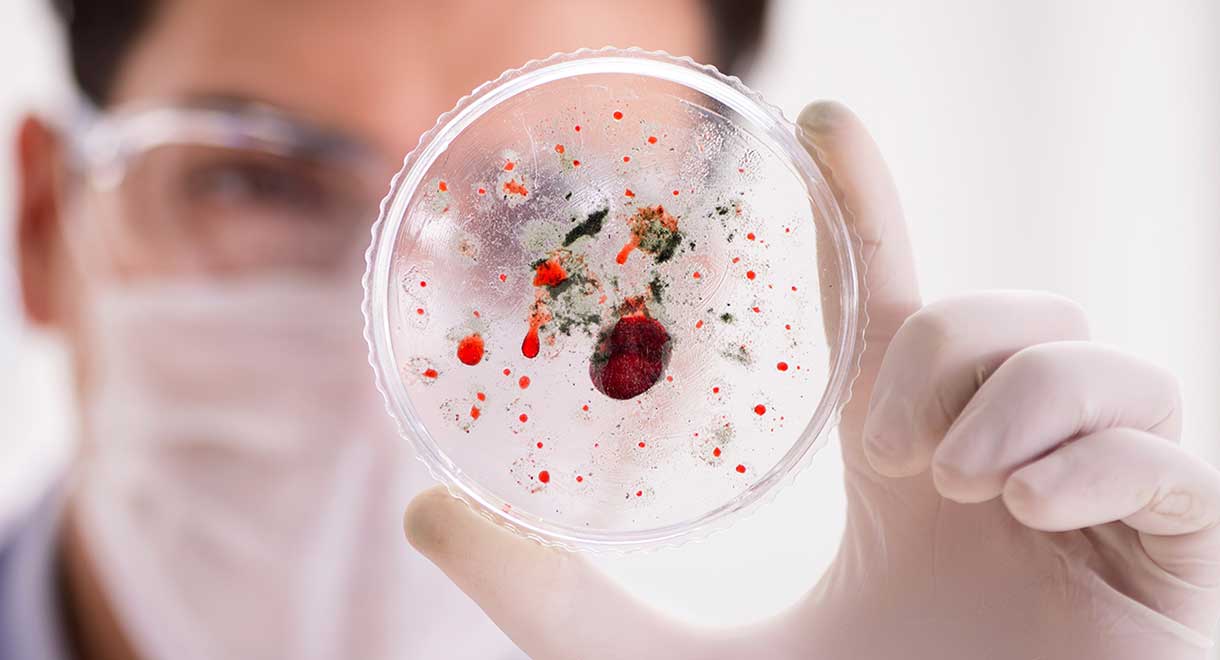Virus Protection
Throughout history, new and deadly viruses have continually emerged by changing (mutating) their genes and they will continue to do so. The most infamous viral pandemic known colloquially as The Spanish Flu (January 1918 – December 1920) infected an estimated 500 million people worldwide (about one-third of the planet’s population). It is thought that it killed 20 million to 50 million people over these 2 years.
The latest virus to worry officials is the new coronavirus in China which has manifested in December 2019. Chinese authorities have locked down Wuhan and another two cities to contain the virus during the busy Lunar New Year travel period. A small number of infected people have been diagnosed in Hong Kong, Macao, Thailand, Taiwan Japan, South Korea, Vietnam, Singapore, Malaysia, Nepal, France, Canada and Australia.
Coronaviruses are a large group of viruses that cause illness in the respiratory tract such as the common cold and pneumonia. This may present as fever, muscle pain, cough and shortness of breath. In more severe cases, infection can cause severe acute respiratory syndrome, kidney failure and death. The virus that causes SARS (Severe Acute Respiratory Syndrome) is a coronavirus. SARS started in China in 2002 and has killed over 800 people worldwide.
Coronaviruses are transmitted between animals and people and are known as zoonotic viruses. The first cases were linked to a meat and seafood market in Wuhan. Chinese health officials have confirmed that human-to-human transmission can occur. This new China coronavirus is infectious before any symptoms show which makes it harder to contain. This virus can be transmitted even during the incubation period of one to 14 days so there are hidden carriers.
Researchers are scrambling to create a vaccine against the new China coronavirus, and it may be available in 2020. In the meantime, your best insurance against this virus, and indeed any severe infection, is to keep your immune system in good condition. Even if a vaccine is successfully developed there will always be the threat of new dangerous viruses that can spread rapidly, so people should stay vigilant. Those at most risk include the very young and those over 65 years of age, people taking prescribed immune-suppressant drugs, smokers and the malnourished.
Research has proven that malnutrition contributes to the emergence of new viral infections.
Selenium is probably the most important nutrient that your immune system needs to fight viral infections. Selenium deficiency creates a weakening of the defence against infectious diseases, especially those caused by viruses. Selenium deficiency may lead to viral genome mutations from a benign (mild) virus to a highly virulent (dangerous) virus.
An adequate supply of macro- and micronutrients is vital to support host immune defence and resistance against dangerous disease-causing microorganisms. The modern-day diet is often not sufficient to meet the increased demands for micronutrients in infectious diseases. Many areas of the world have selenium deficient soils.
Dietary supplements containing selenium up to 100 to 200 μg/day have potential as safe and inexpensive additional therapy in viral infections. Dietary supplementation with selenium-containing multimicronutrients might also be useful to strengthen the immune system of patients suffering from newly emerging viral diseases, such as in the current epidemic of Ebola fever in West Africa. Populations in several countries most afflicted by past and current outbreaks of Ebola fever (e.g., Liberia, Guinea, Democratic Republic of Congo) show a high risk of selenium deficiency. Interestingly the lowest dietary selenium supply in Africa was reported from Liberia, with a daily intake of only 23mcg of selenium.
Selenium has been known as “the viral birth control pill” because it can reduce the ability of viruses to increase in numbers. A study in 1998 found that patients with severe viral infections have rapidly decreasing concentrations of selenium in their body. Almost half of a person’s selenium concentrations may disappear during such infection, which can be life-threatening if the person’s selenium levels are already low. This study discovered the unexpected degree to which selenium is used up when the immune system is activated by the virus. Even in people who get adequate amounts of dietary selenium, additional supplementation will be beneficial.
Selenium protects the genetic material from mutations in humans, animals and viruses. When a virus infects a human or animal lacking selenium, the virus can undergo mutations making it far more dangerous. If the virus also lacks selenium, mutations can occur making it even more dangerous. There is a risk that many viruses could become more virulent by passing through a selenium-deficient host
People battling with the aftermath of an acute or chronic viral infection with such viruses as the Epstein Barr Virus (glandular fever), Coxsackievirus, herpes, Ross river etc may be able to improve far more quickly with supplemental selenium. I would also recommend supplements of zinc and vitamin C for their proven anti-viral effects.
The above statements have not been evaluated by the FDA and are not intended to diagnose, treat or cure any disease.
References:
Adv Nutr. 2015 Jan; 6(1): 73–82.
Published online 2015 Jan 7. doi: 10.3945/an.114.007575
Dietary Selenium in Adjuvant Therapy of Viral and Bacterial Infections, The Journal of Nutrition, Volume 133, Issue 5, May 2003, Pages 1463S–1467S, https://doi.org/10.1093/jn/133.5.1463S
Forceville X, et al. Selenium, systemic immune response syndrome, sepsis, and outcome in critically ill patients. Crit Care Med. 1998;26(9):1536-44.
Beck MA, et al. Host nutritional status and its effect on a viral pathogen. J Infect Dis. 2000;182 Suppl 1: S93-6.
Seleniumfacts.com
www.liverdoctor.com


Leave A Comment